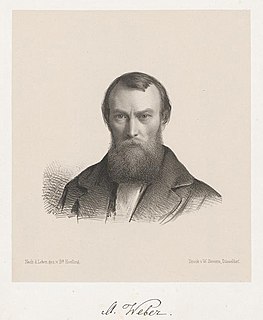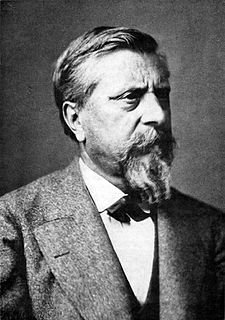Related Research Articles

Goethe University is a university located in Frankfurt am Main, Germany. It was founded in 1914 as a citizens' university, which means it was founded and funded by the wealthy and active liberal citizenry of Frankfurt. The original name was Universität Frankfurt am Main. In 1932, the university's name was extended in honour of one of the most famous native sons of Frankfurt, the poet, philosopher and writer/dramatist Johann Wolfgang von Goethe. The university currently has around 45,000 students, distributed across four major campuses within the city.

A Burschenschaft is one of the traditional Studentenverbindungen of Germany, Austria, and Chile . Burschenschaften were founded in the 19th century as associations of university students inspired by liberal and nationalistic ideas. They were significantly involved in the March Revolution and the unification of Germany. After the formation of the German Empire in 1871, they faced a crisis, as their main political objective had been realized. So-called Reformburschenschaften were established, but these were dissolved by the Nazi regime in 1935/6. In West Germany, the Burschenschaften were re-established in the 1950s, but they faced a renewed crisis in the 1960s and 1970s, as the mainstream political outlook of the German student movement of that period swerved to the radical left. Roughly 160 Burschenschaften exist today in Germany, Austria and Chile.

Friedrich Karl Christian Ludwig Büchner was a German philosopher, physiologist and physician who became one of the exponents of 19th-century scientific materialism.

The Goethe House is a writer's house museum located in the Innenstadt district of Frankfurt, Germany. It is the birthplace and childhood home of German poet and playwright Johann Wolfgang von Goethe. It is also the place where Goethe wrote his famous works Götz von Berlichingen,The Sorrows of Young Werther, and the first drafts of Urfaust. The house has mostly been operated as a museum since its 1863 purchase by the Freies Deutsches Hochstift, displaying period furniture and paintings from Goethe's time in the house.
The German parliament or Reichstag that was elected in the general election of May 1928 and sat until that of September 1930 was the fourth parliament of the Weimar Republic.

Georg Heinrich Otto Volger was a German geologist from Lüneburg.

Johann Baptist Wilhelm August Weber was a German painter; associated with the Düsseldorfer Malerschule.

Catharina Elisabeth Goethe, born Catharina Elisabeth Textor, was the mother of German playwright and poet Johann Wolfgang von Goethe and his sister Cornelia Schlosser. She was also known by the nickname Frau Aja and the title Frau Rat.

Carl Theodor Reiffenstein was a German landscape and architecture painter who created an invaluable historical record of Frankfurt am Main.

Johann Christian Gustav Lucae was a German anatomist known for his studies in the field of craniology.

Friedrich Wilhelm Grimme was a German regional (Sauerland) writer and poet.

Walther Wolfgang Freiherr von Goethe was a German composer and court chamberlain. He was one of the grandsons and last living descendant of Johann Wolfgang von Goethe.

Karl Rössler was a German manufacturer and mineralogist.

Johann Caspar Goethe was a wealthy German jurist and royal councillor to the Kaiser of the Holy Roman Empire. His son, Johann Wolfgang von Goethe, is considered one of the greatest German poets and authors of all time.

The Deutsches Romantik-Museum is a museum dedicated to German Romanticism, located in the Innenstadt area of Frankfurt, Germany.

The Freies Deutsches Hochstift is a literary association based in Frankfurt, Hesse, Germany. It is the owner of the Goethe House, the place where the playwright and poet Johann Wolfgang von Goethe was born and spent his early years, which it operates as a museum. The Hochstift also manages the Deutsches Romantik-Museum, a museum dedicated to German Romanticism which opened in 2021.
Ernst Beutler was a German literary historian and Goethe researcher who served as the director of the Freies Deutsches Hochstift literary society between 1925 and 1960.

Otto Heuer was a German literary historian. He served as the director of the Freies Deutsches Hochstift literary association from 1888 until his retirement in 1925.
Detlev Lüders was a German academic who served as the director of the Freies Deutsches Hochstift between 1963 and 1982.
References
- ↑ "Berg, Carl". Frankfurter Personenlexikon. Retrieved 22 August 2022.
{{cite web}}: CS1 maint: url-status (link) - 1 2 Adler 1959, p. 220.
- ↑ "Berg, Karl Nikolaus". Landesgeschichtliches Informationssystem Hessen. Retrieved 22 August 2022.
- ↑ Adler 1959, p. 222.
- ↑ Seng 2009, p. 39.